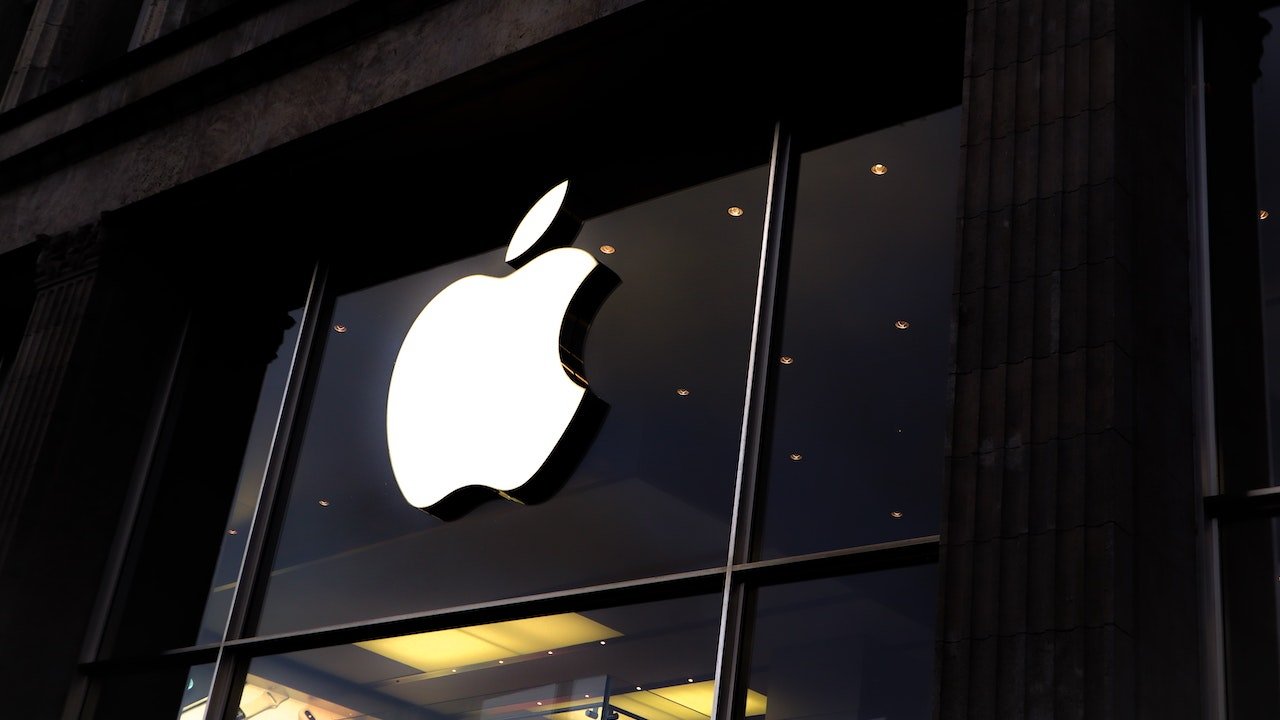US Supreme Court passes on Apple's bid to revive Qualcomm patent invalidation
The U.S. Supreme Court has declined to hear an Apple bid to revive an effort to invalidate a pair of Qualcomm patents, despite the settlement between the two companies.

Credit: Laurenz Heymann/Unsplash
The justices on Monday passed on Apple's appeal of a lower court ruling, stating that the iPhone maker lacked the standing to pursue the matter because of a settlement in 2019 between the two companies, Reuters has reported.
Qualcomm filed a lawsuit in 2017 against Apple, alleging that the company's iPhones and other devices infringed on some of its mobile patents. In 2019, the parties settled the litigation and signed an agreement that allowed Apple to continue using Qualcomm modems in its smartphones.
While that settlement included licenses to many of Qualcomm's patents, it also allowed an Apple bid to challenge the validity of two patents at the Patent and Trademark Office's Patent Trial and Appeal Board (PTAB).
The PTAB ruled in Qualcomm's favor. In November, the U.S. Court of Appeals for the Federal Circuit dismissed Apple's appeal, stating that its settlement with Qualcomm precluded it from attempting to invalidate the San Diego chipmaker's patents.
Apple argued to the Supreme Court that Qualcomm could again sue it after the settlement expires in 2025, noting that the chipmaker has a "history of aggressively enforcing its patents."
In a brief to the Supreme Court in May, the Biden Administration urged the justices to reject Apple's appeal.
Read on AppleInsider

Credit: Laurenz Heymann/Unsplash
The justices on Monday passed on Apple's appeal of a lower court ruling, stating that the iPhone maker lacked the standing to pursue the matter because of a settlement in 2019 between the two companies, Reuters has reported.
Qualcomm filed a lawsuit in 2017 against Apple, alleging that the company's iPhones and other devices infringed on some of its mobile patents. In 2019, the parties settled the litigation and signed an agreement that allowed Apple to continue using Qualcomm modems in its smartphones.
While that settlement included licenses to many of Qualcomm's patents, it also allowed an Apple bid to challenge the validity of two patents at the Patent and Trademark Office's Patent Trial and Appeal Board (PTAB).
The PTAB ruled in Qualcomm's favor. In November, the U.S. Court of Appeals for the Federal Circuit dismissed Apple's appeal, stating that its settlement with Qualcomm precluded it from attempting to invalidate the San Diego chipmaker's patents.
Apple argued to the Supreme Court that Qualcomm could again sue it after the settlement expires in 2025, noting that the chipmaker has a "history of aggressively enforcing its patents."
In a brief to the Supreme Court in May, the Biden Administration urged the justices to reject Apple's appeal.
Read on AppleInsider

Comments
As does Apple. As does any company that wishes to protect its intellectual property.
EDIT: To fix quote formatting issue.
It's a question that should probably be answered at some point: Basically, does a licensee have standing to challenge the validity of patents which will still be active, and based on which they might still be sued, after the expiration of an existing licensing agreement? (Or, under what circumstances do they have such standing?) That's why several parties field amicus briefs asking the Supreme Court to grant cert and consider the issue. It apparently just wasn't, in the eyes of enough justices, a big enough unresolved issue for the Court to take up the matter at this time.
1. It was the iPhone itself that gave Qualcomm's patents their value.
Except that ... cell phones existed - and were a pretty big and growing industry - long before the iPhone.
2. Because Apple sold more phones than everybody else paying more than everyone else for the same IP was victimizing Apple for creating a superior product like the iPhone that sells so much. So Apple should only have to pay a fraction of what companies who sold far fewer phones do so they would pay no more than - say - Motorola for the same IP.
Yeah, except that Samsung, pre-sanctions Huawei, Xiaomi and the Chinese BBK conglomerate have at times all sold about as many phones as Apple does, if not more, because iPhones only have about 10% to 20% market share. Also, this is different from how licensing IP has always worked, including Apple's own attempts to get other companies to pay licensing fees. In addition, the idea of "variable licensing rates" is a horrible one because it allows the very sort of sweetheart collusion deals that FRAND is meant to prohibit in the first place.
Their arguments were bonkers and they had no chance of succeeding on the merits.
They didn't want the Patent fees based on the sales value of the device but on the functional value of the patent. (they up sell cellular for what $150 on a number devices) Ie iPhone pays same fee as a cheap burner phone.
Similarly a MacBookPro with M1Max 8Tb of SSD should be able to have cellular connection for the same fee if the function is provided with the same chips. Where Qualcom would want patent fees based on the full $6k of the devices retail price if that option was offered.